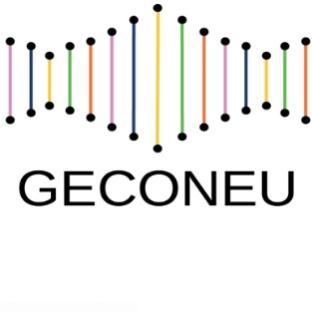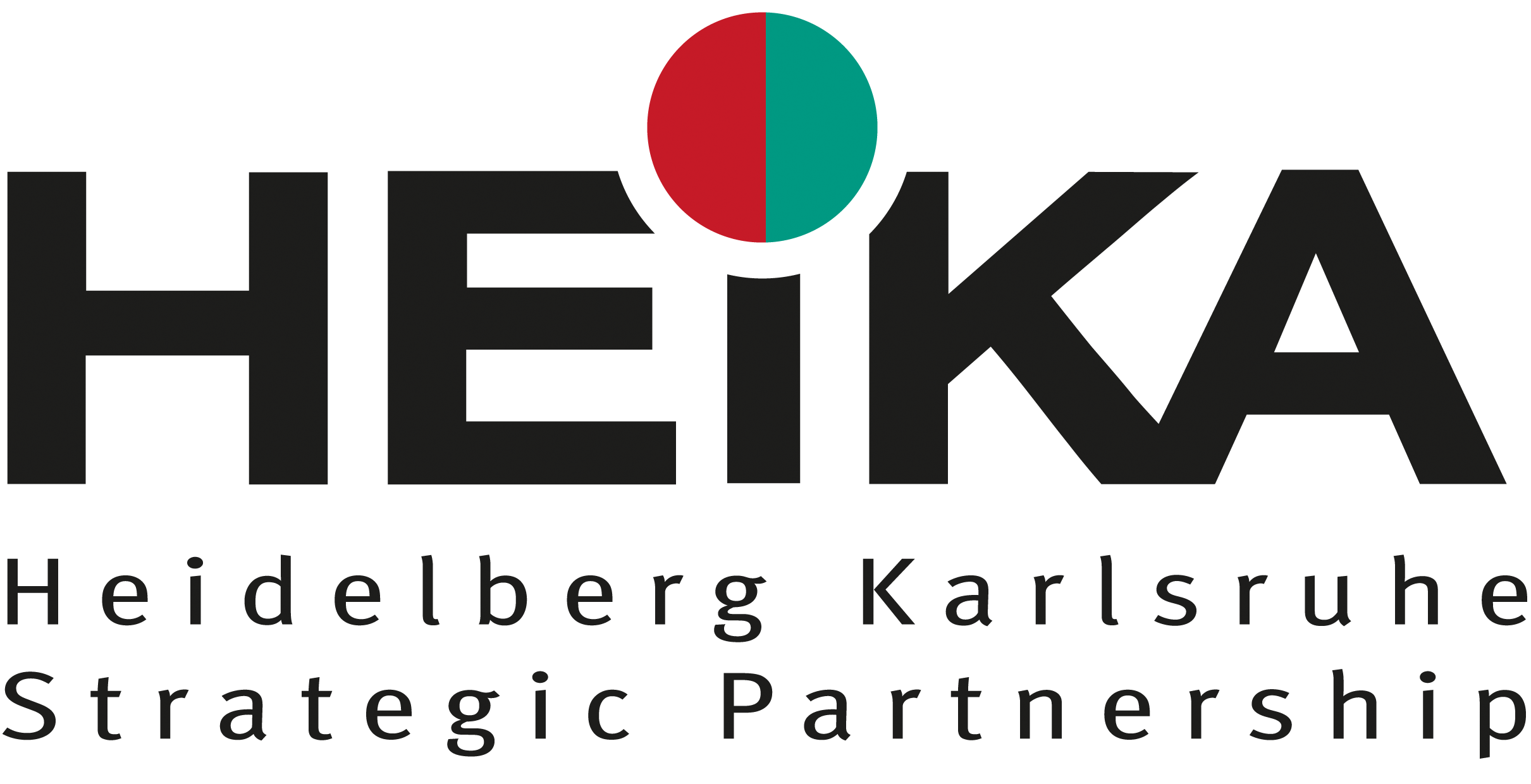Junior Researcher
The project is a scientific subproject in cooperation with the Bundesmusikverband Chor & Orchester (BMCO), which has been the umbrella organization for amateur music in Germany and an actor in the National Dementia Strategy since 2022. As part of this role, BMCO oversees the funding program “Staying Fit Longer Through Music.” In addition to supporting projects focused on dementia-sensitive music-making, the program raises awareness and, under scientific supervision and based on the practical experiences of ensembles, explores the needs and possibilities for amateur music as a whole. https://www.uni-heidelberg.de/md/nar/medien/pdfs/presse/amade.pdf

Identification of early signs of dementia among family, friends and communities plays a very important role in early diagnosis.
Supporting early detection encompasses public education programs and good access to information (Alzheimer's Disease International 2011).
https://de-sign-project.eu/index.php/de/
The GECONEU project aims to develop an online Course for University students focusing on Genetic Counseling. The main goals and central impact of this project is to support people and society to better understand the aims of genetic testing and the usefulness of genetic counseling by involving students in an innovative learning and teaching setting. This project will provide the opportunity to take all the factors of an appropriate training course to society into account by involving the families of people with Neurodegenerative disorders in the development of the learning and teaching outcomes consequently improving their visibility and enhancing their level of knowledge. ![]() the flyer
the flyer
http://www.genecounsel.eu/
The PACo project investigates the impact of physical activity on cognitive and physical health in adulthood and aging. The goal is to gain new insights by combining expertise from behavioral sciences, biomedicine, and informatics, such as machine learning. The project uses national cohort data and advanced sensor technologies to develop interventions that promote health in aging. In collaboration between the Network for Aging Research (NAR) and KIT, a strong transdisciplinary foundation is being established to create innovative solutions for the challenges of an aging society. https://www.heika-research.de/de/thats-heika
Smart Aging in the Community Context: Investigating Smart Shapes of self-regulation
and co-regulation under real conditions (SMART-AGE).
https://smart-age.psychologie.uni-heidelberg.de/
The "TRIALOG-Dementia" program aims to provide an important support hub for people with dementia and their caregiving family members in the Heidelberg/Mannheim area. It includes weekly seminars on topics such as prevention, diagnosis, therapy, challenging behaviors, and stress management. These seminars serve as the foundation for caregiver groups, which aim to reduce caregiving burden and improve the quality of life for both people with dementia and their family members. A central approach of the program is the "Trialog," an equal conversation between people with dementia, caregivers, and therapists, which has already been successfully established in borderline therapy. The goal is to foster communication and trust while providing caregivers with the support and knowledge they need to better manage their caregiving tasks.

Sechs (Post-)Graduierte beschäftigen sich mit einem selbstgewählten Projekt zum Thema Alter(n). Die Nachwuchswissenschaftler kommen aus verschiedenen Disziplinen, die von Psychologie, Epidemiologie, Gerontologie, Musikwissenschaft bis zur Sportwissenschaft reichen. Gefördert wird das NAR-Kolleg von der Klaus Tschira Stiftung.
Project: AI-based voice assistance for older adults with and without intellectual disability: ecologically valid methods applying automated emotion and speech analysis. The project „ AI-based voice assistance for older adults with and without intellectual disabilitiy: ecologically valid methods applying automated speech recognition and emotion analysis” explores how older adults use an AI-based voice assistant, how the use is experienced emotionally, and which potentials and challenges this creates for the perceived quality of life and social participation. We concentrate on two user groups that previously have not found much attention in the area, although an AI-based voice assistance may be particularly useful: older adults with and without intellectual disability.
Gefördert vom Bundesministerium für Familie, Senioren, Frauen und Jugend und dem Bundesministerium für Gesundheit
Laufzeit 2024-2025
Thema I Mitarbeit im Projekt des BMCO, wissenschaftliche Begleitung: Demenzwissen, Einstellung zu Demenz, Selbstvertrauen in der Pflege von Menschen mit Demenz und kognitive Reserve unter Amateurmusizierenden.
https://bundesmusikverband.de/foerderung/lfdm/




